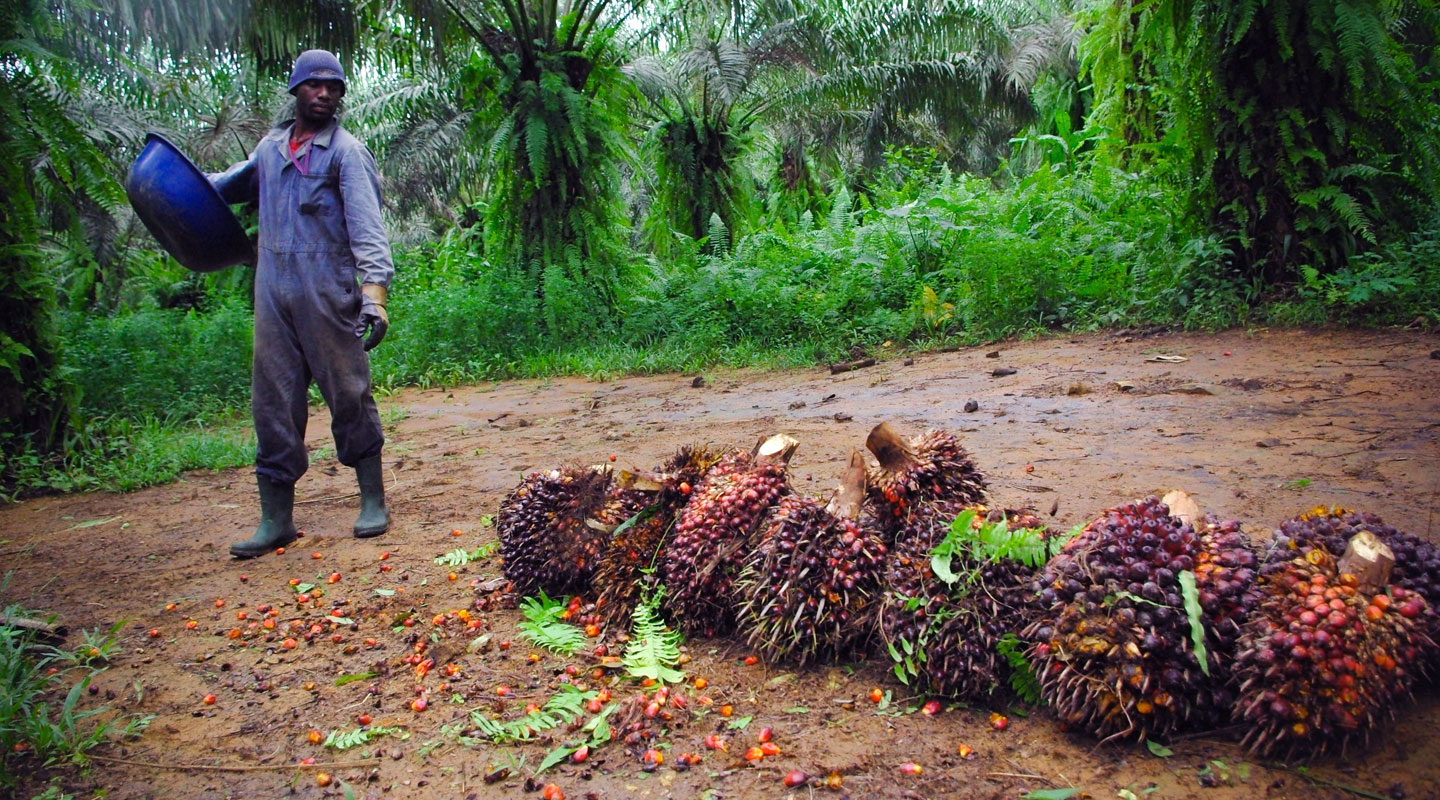Cameroon and IFAD join forces to boost food security with support to small-scale farmers
IFAD Asset Request Portlet
Asset Publisher
Cameroon and IFAD join forces to boost food security with support to small-scale farmers
25 September 2020
Rome, 25 September 2020 – The International Fund for Agricultural Development of the United Nations (IFAD) announced today a US$59.9 million investment to fund a six-year extension of the successful Commodity Value Chain Development Support Project (PADFA). Gilbert F. Houngbo, IFAD President, and Alamine Ousmane Mey, Minister of Economy, Planning and Regional Development of the Republic of Cameroon met virtually to sign the financing agreement for the second phase of the Commodity Value Chain Development Support Project (PADFA II).
Cameroon has great potential to meet its food demand and improve the living conditions of the rural population. About 32,000 poor rural households will benefit from the new project, which will help small-scale farmers and boost rice and onion production in the country. The project’s overarching goal is to strengthen rural livelihoods for greater income, improve food security and nutrition, and integrate approaches to mitigate the impact of climate change.
Small-scale farmers in rice and onion value chains have faced relatively low productivity and income. The project will introduce measures to ensure the availability of quality climate-resilient seeds and other inputs, and more efficient land and water management, including the modernization of irrigation infrastructure to reduce producers’ dependence on rain-fed farming. It will also work to minimize post-harvest losses by providing adequate storage and processing facilities.
The project aims to empower women and youth who are especially vulnerable to climate-related events and other shocks. Fifty per cent of the project’s participants will be women, who typically have limited access to finance and production tools. At least 30 per cent of the participants will be young people, who often face high rates of unemployment.
IFAD has financed the project with a loan of US$47.0 million. US$10.8 million is provided through domestic cofinancing, including US$8.7 million from the Government of Cameroon and US$2.1 million from the beneficiaries themselves. Additional cofinancing of approximately US$2.1 million from other development partners is currently being finalized. The project will reach 15 departments in the country – North, Far North, Northwest and West - an increase from the eleven districts reached through PADFA.
“This new financing agreement comes at the right time, as we face the cascading negative impacts of the COVID-19 pandemic,” said Abdelhaq Hanafi, Country Director for Cameroon. “Small-scale producers are at the centre of IFAD’s work and investing in them is a prerequisite for ensuring food security.”
PADFA II will work with 111 farmers’ cooperatives to boost the production and productivity of small-scale farmers, develop a rice and onion improved seeds programme, and facilitate access to rural finance and markets where farmers can sell their products.
It will address food loss by building 26 rice warehouses, 28 bioclimatic houses for onion storage and five collection and packaging centres for onions and by rehabilitating 25 km of rural roads for access of products to markets. Installation of two rice-parboiling units will add value to rice processing.
Participants in this project will benefit from training on nutrition, food preparation and better hygiene. And young people can look forward to the creation of decent jobs to support the transportation of products and maintenance of infrastructure.
Since 1981, IFAD has invested $201.6 million in 11 rural development programmes and projects in Cameroon worth a total of almost $421.3 million. These projects have directly benefited 610,302 rural households.
Press release No.: IFAD/43/2020
IFAD invests in rural people, empowering them to reduce poverty, increase food security, improve nutrition and strengthen resilience. Since 1978, we have provided US$22.4 billion in grants and low-interest loans to projects that have reached an estimated 512 million people. IFAD is an international financial institution and a United Nations specialized agency based in Rome – the United Nations food and agriculture hub. More about IFAD: www.ifad.org.